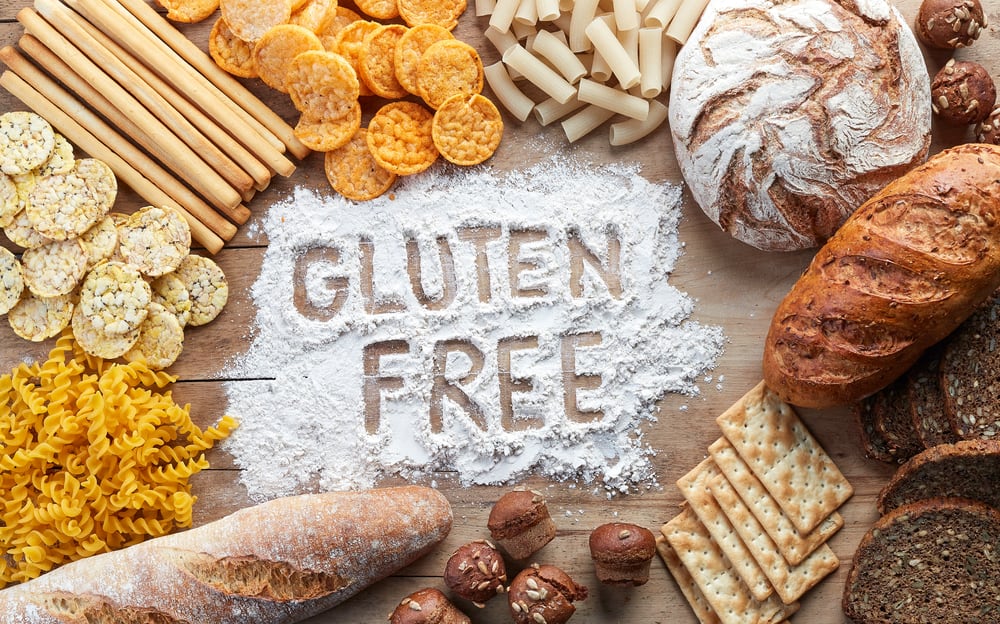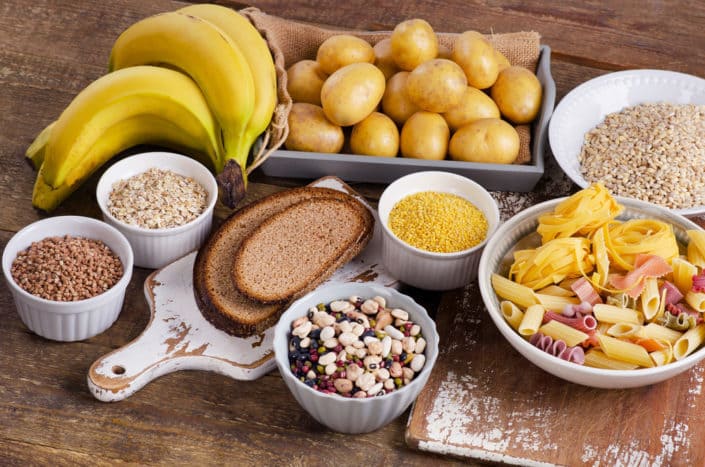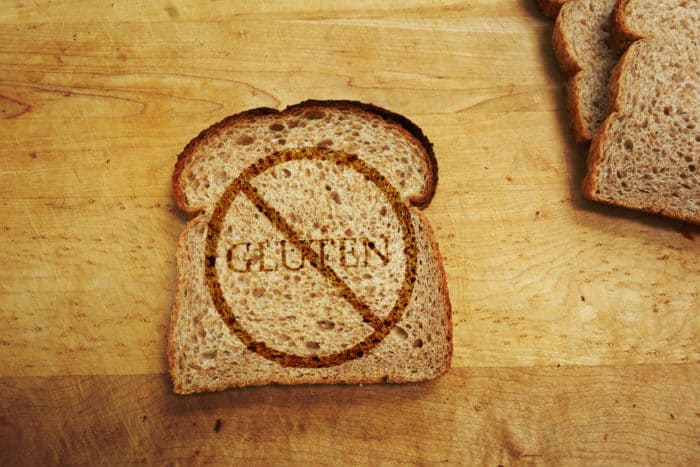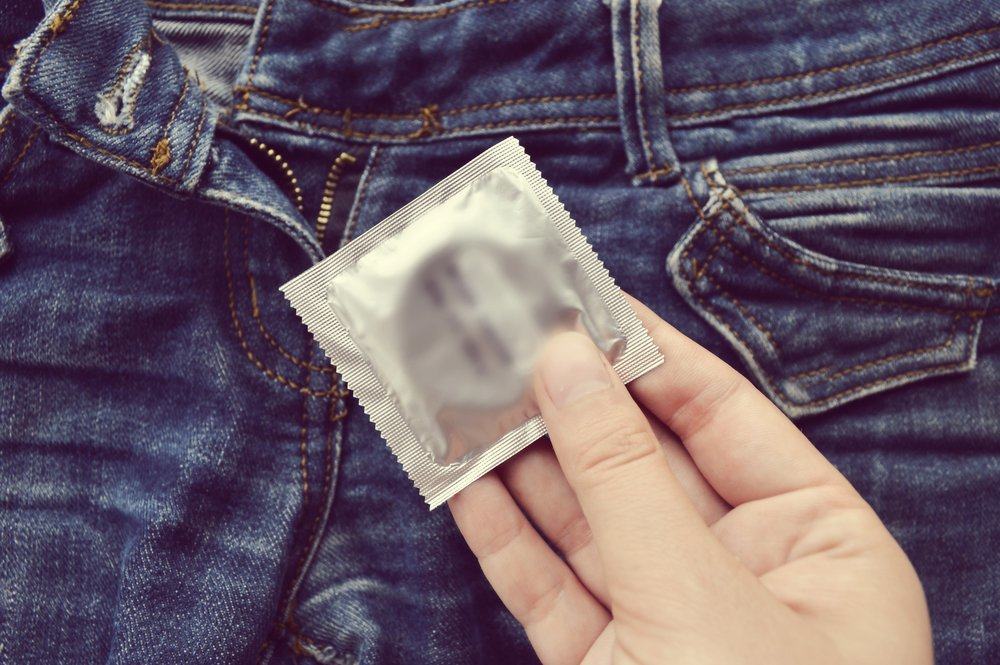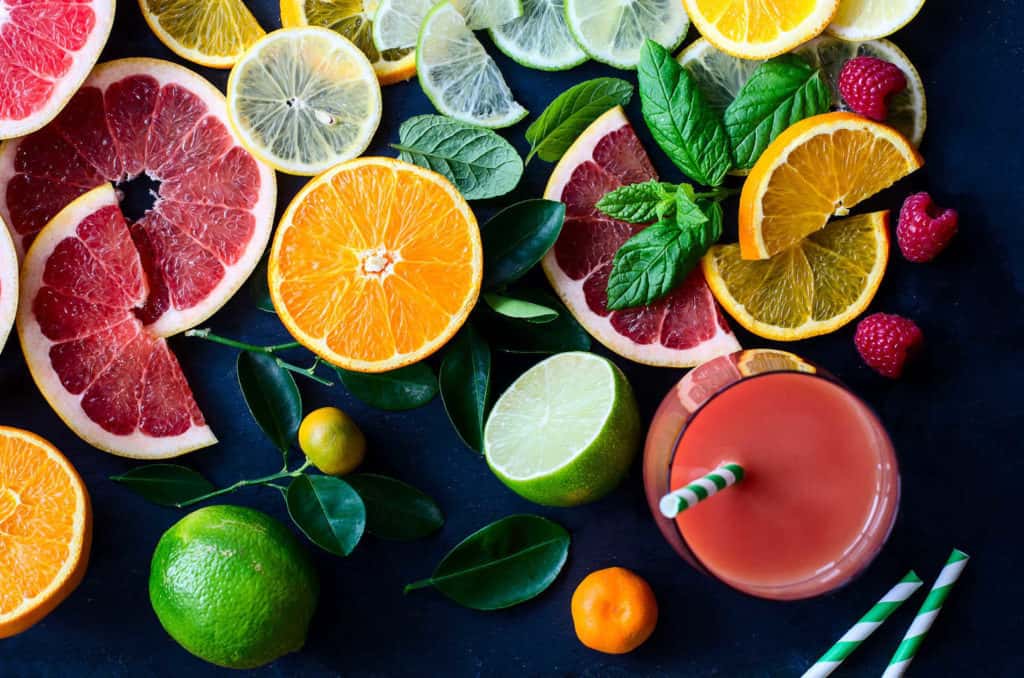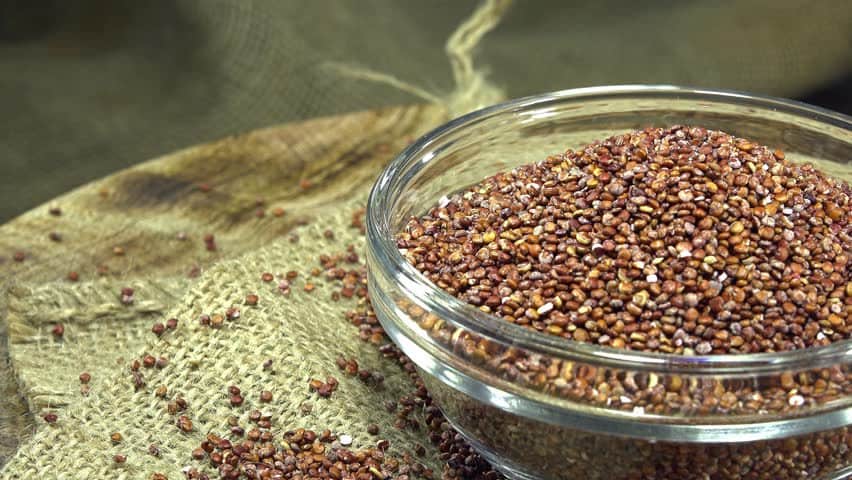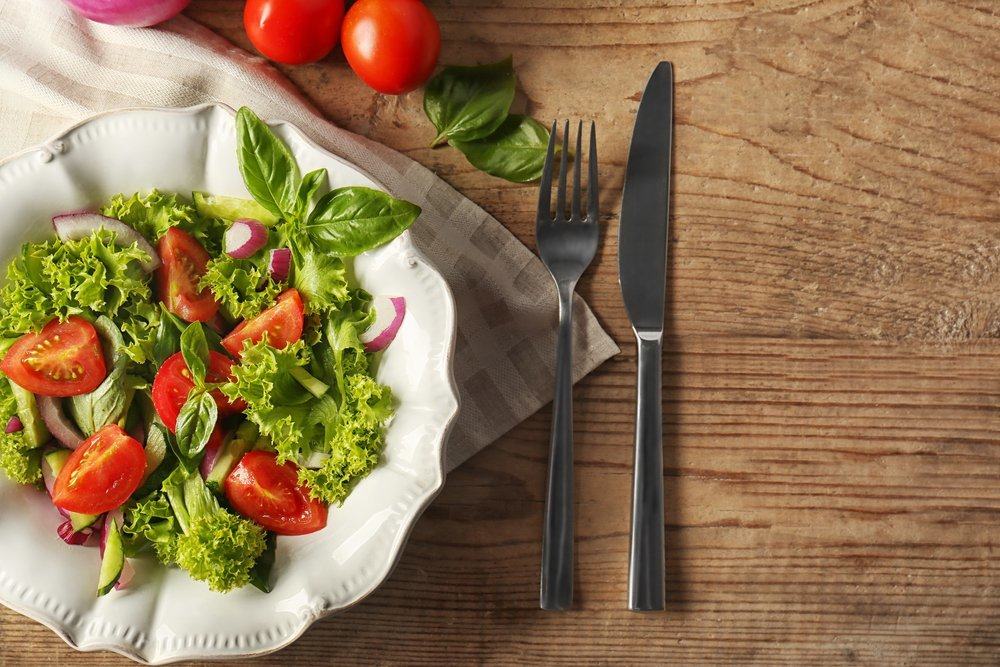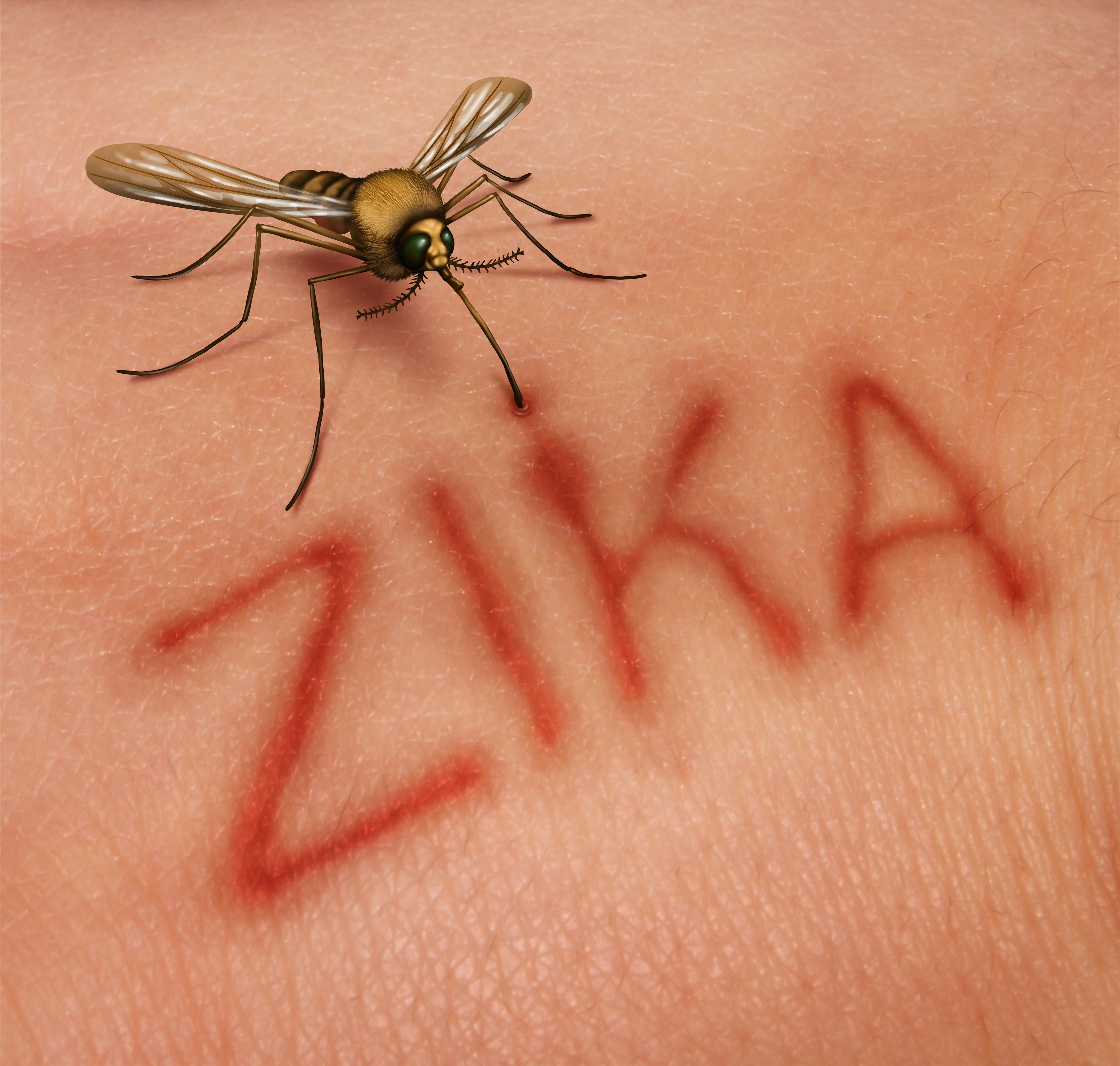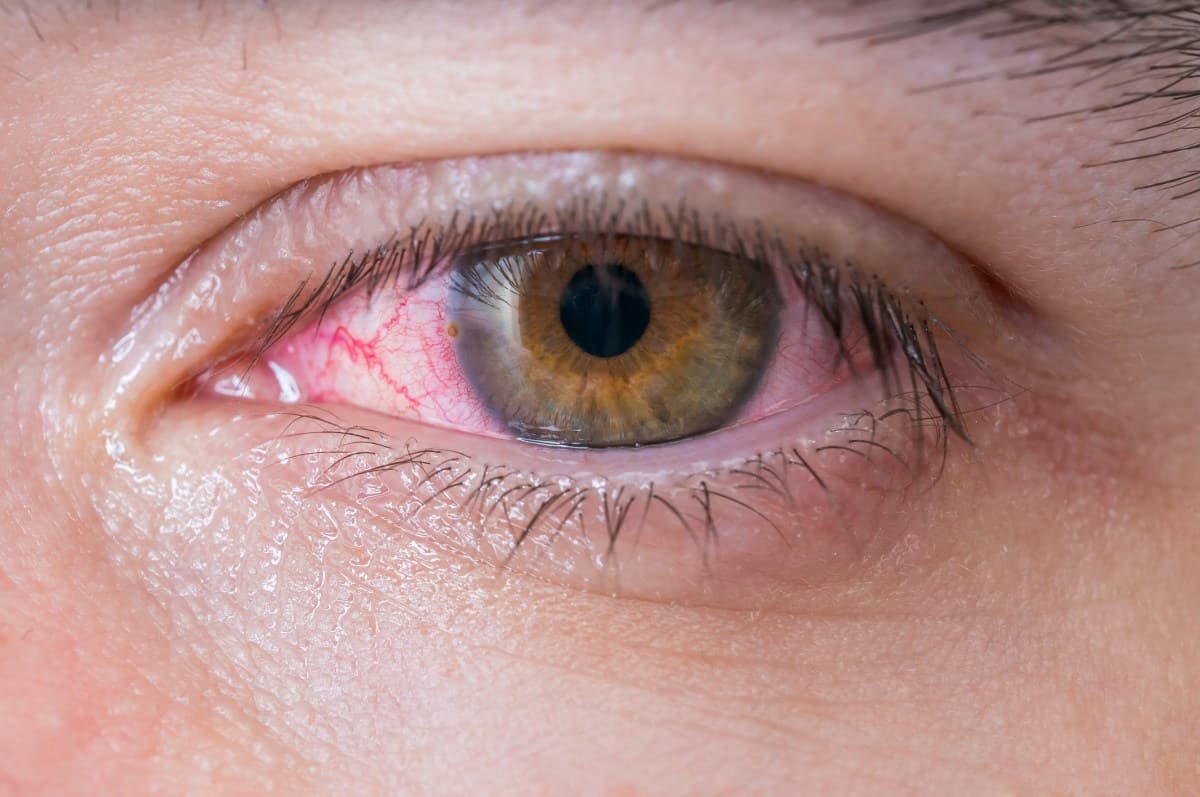Contents:
- Medical Video: Mayo Clinic Minute: The Truth About Gluten
- Various myths about doubtful gluten-free food
- Myth 1: A gluten-free diet is the same as not eating carbohydrates
- Myth 2: "Gluten-free" on truly zero gluten food labels
- Myth 3: Gluten-free food products do not contain basic ingredients from wheat
- Myth 4: Avoiding foods with gluten makes you much healthier
Medical Video: Mayo Clinic Minute: The Truth About Gluten
Whether it's just following a trend or because it really needs to be based on health, you might want to go on a dietgluten–free. Unfortunately, there are still many myths related to gluten-free food that circulates widely in the community. Then, how is the truth?
Various myths about doubtful gluten-free food
Usually, gluten-free food products are sought by people who have Celiac disease or gluten intolerance. However, there are also those who consume gluten-free food as an effort to lose weight.
Before plunging further into this new diet, first know the myths that are circulating about gluten-free foods so you don't get caught up in deceit. Come on, find out more!
Myth 1: A gluten-free diet is the same as not eating carbohydrates
Gluten is a type of protein that exists in groups of cereals and grains, such as wheat and jali (barley). However, not all carbohydrate food sources contain gluten. Therefore, a gluten-free diet certainly does not mean to abstain from eating carbohydrates at all.
You can still eat potatoes, sweet potatoes, pumpkin, and gluten-free peas, but keep your carbohydrate needs. are some of the gluten-free carbohydrate sources.
So, you don't need to bother avoiding all sources of carbohydrates when you are on a gluten free diet. Conversely, these foods can actually help meet the needs of protein, fiber, antioxidants, minerals, and vitamins for your body.
Myth 2: "Gluten-free" on truly zero gluten food labels
Products that use "gluten-free" on their packaging labels are not necessarily 0% gluten. In fact this is not the case. Although claimed to be gluten free, these foods still contain very little amount of gluten.
It's best to read the food nutrition information label more carefully before deciding to buy gluten-free products.
Myth 3: Gluten-free food products do not contain basic ingredients from wheat
Ideally gluten-free food products should not contain native wheat, but some may contain processed from wheat - for example wheat flour, wheat grass, or barley grass.
In fact, some foods can also have hidden gluten content. For example from ethanol, which is alcohol made from gluten grains; and maltodextrin, which mostly comes from wheat sources. Again, the content of processed gluten is indeed very small indeed
Although these ingredients are considered gluten free, they can still cause reactions in some people with gluten intolerance.
Myth 4: Avoiding foods with gluten makes you much healthier
A gluten-free diet is intentionally intended for people who have Celiac disease or gluten intolerance because their bodies cannot digest gluten in the food. A study has stated that as many as 35 percent of people with Celiac disease who undergo this dieet have a healthier digestive system and work effectively.
So actually, gluten-free products do not mean they are healthier for those of you who do not have both conditions. Because, gluten-free products contain less fiber so that it doesn't help you lose weight, let alone maintain your digestive health. There is no strong evidence that eating gluten-free foods can improve the digestive health of people who do not have the two conditions above.

